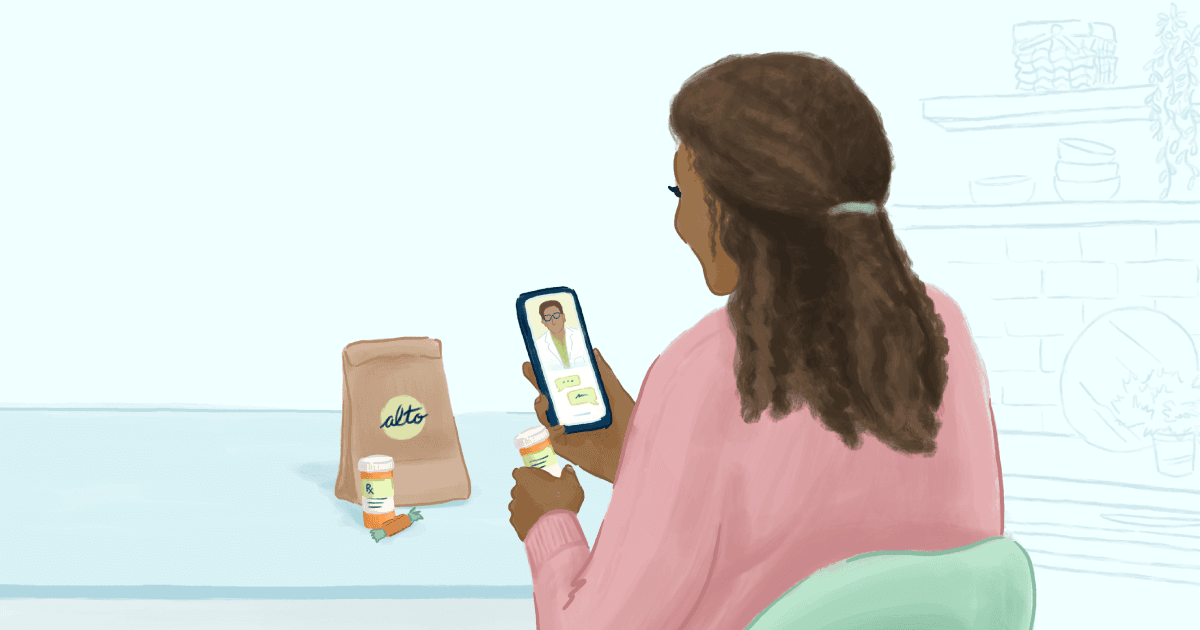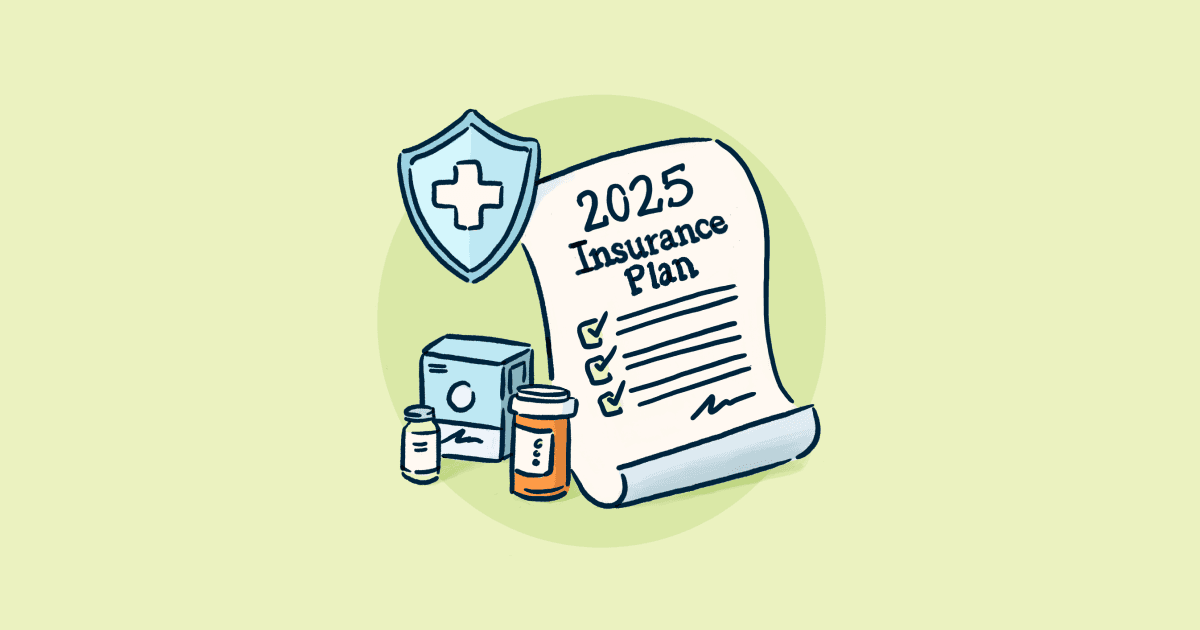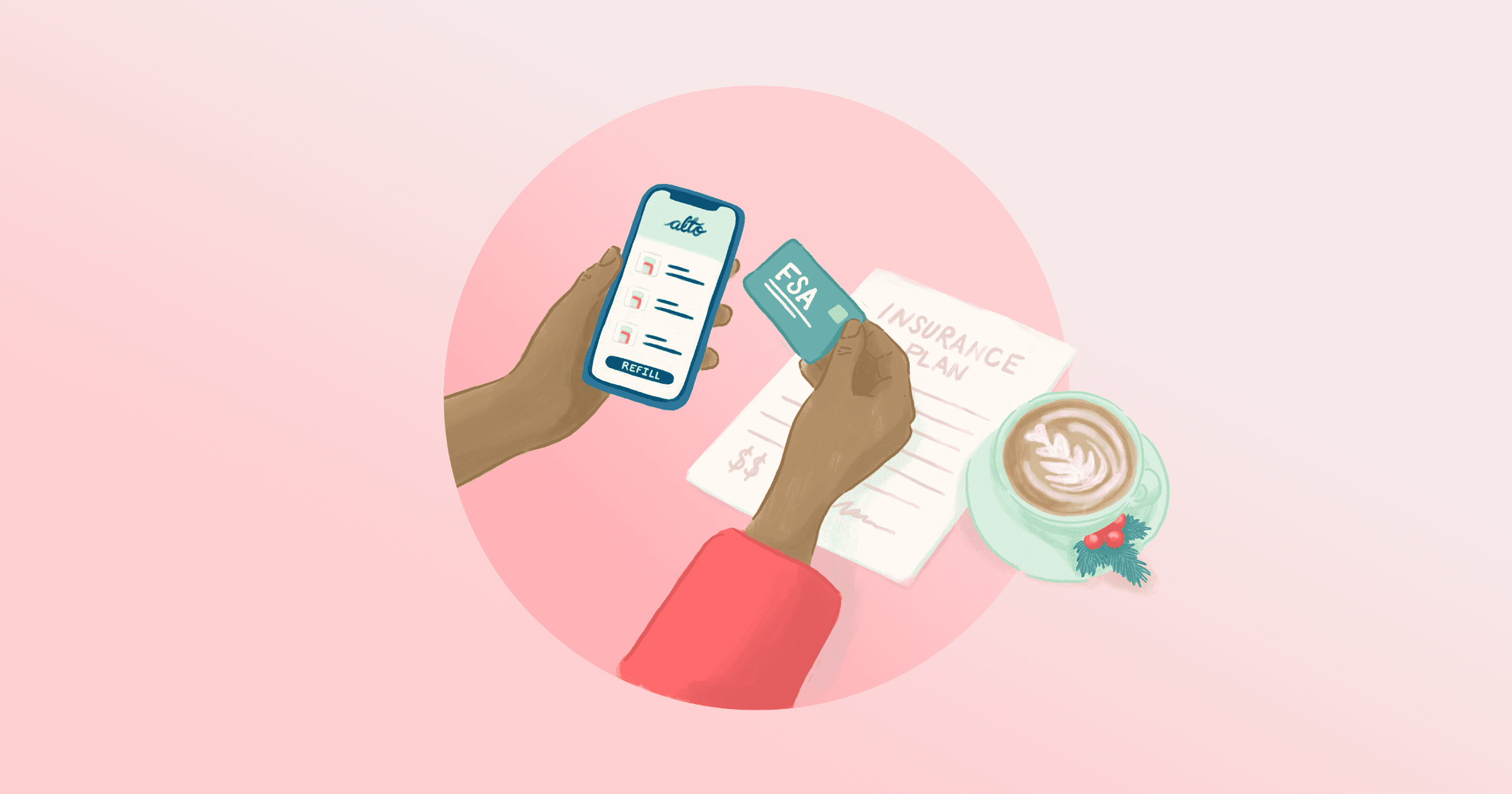Taking medication as prescribed is essential to managing your health. And it starts with learning more about your prescriptions. Your provider and pharmacist are here as resources, so never hesitate to reach out with questions.
Here are a few questions we suggest asking when taking a new medication — our pharmacists are happy to answer them via in-app messaging!
1. What is my medication for?
Understanding the purpose of your medication can help you stay committed to your health, and it’s important to learn why your doctor has prescribed your medication and how it treats your condition. If you take multiple medications, be sure that you’re familiar with each.
2. How and when do I take my medication?
The timing of your doses and the way you take your medication, such as on an empty stomach or with food, can influence how it works and affects your body. Ask your doctor or pharmacist exactly what it means to take your medication as prescribed.
3. Are there any side effects to anticipate?
All medications carry a balance of risks and benefits, and many have the potential for side effects — reactions you experience when taking a medication that are unrelated to its therapeutic purpose. Some of the more common mild side effects include nausea, drowsiness, and dizziness.
Unpleasant side effects are a common cause of missed doses, so make sure you know what to expect. Take time to educate yourself and ask your care team about possible side effects associated with your medication.
Keep in mind that we all respond to medications differently, and individual experiences of side effects vary widely. There is no guarantee that you will experience side effects, even if they are known and common.
If you have concerns about your medication’s side effects, open communication with your doctor is key. They can help you discuss potential changes to your treatment plan, such as exploring an alternative medication. Never stop taking a medication without first consulting your provider.
4. Will my medication interact with other medications, food, drinks, or supplements?
Some medications work less effectively or cause unpleasant side effects when mixed with certain foods, beverages, vitamins, or supplements. This is referred to as a medication interaction.
To avoid potentially harmful interactions, we suggest asking your doctor or pharmacist the following questions:
Can I take this medication with other medications?
Should I avoid certain foods or drinks when taking this medication?
Are there known potential medication interactions? If so, what signs should I watch for?
Certain health issues can also change how a medication works, so be sure that your prescribing physician is familiar with your entire health history, including all past and current diagnoses.
5. Are there activities to avoid when taking this medication?
When taking a medication that causes drowsiness, difficulty concentrating, or a slower reaction time, driving and other activities that require your focus may be unsafe. Speak with your doctor about the specific effects of your medication and ask if there are any safety considerations.
6. How long will it take to experience the benefits of this medication?
Some medications start changing how you feel the first day you take them, but not all. In fact, it may take weeks or up to a month before you experience the full therapeutic effects of certain medications, including some commonly prescribed antidepressants.
Ask your prescribing physician about the typical timeframe for your medication. If it’s on the longer side, try to be patient and keep taking it as prescribed so that you can achieve a therapeutic level. If you start noticing new symptoms or feel that your symptoms are getting worse, contact your provider right away.
The pharmacy care you deserve
Our expert pharmacists can answer any questions you have about your medications right in the Alto app. We also offer fast and reliable delivery and medication management tools like reminders and auto refills to help you stay on track with treatment.
Reach out any time through secure in-app messaging.
This content is not intended to be a substitute for professional medical advice, diagnosis, or treatment. Always seek the advice of your physician or another qualified health provider with any questions you may have regarding a medical condition.

















